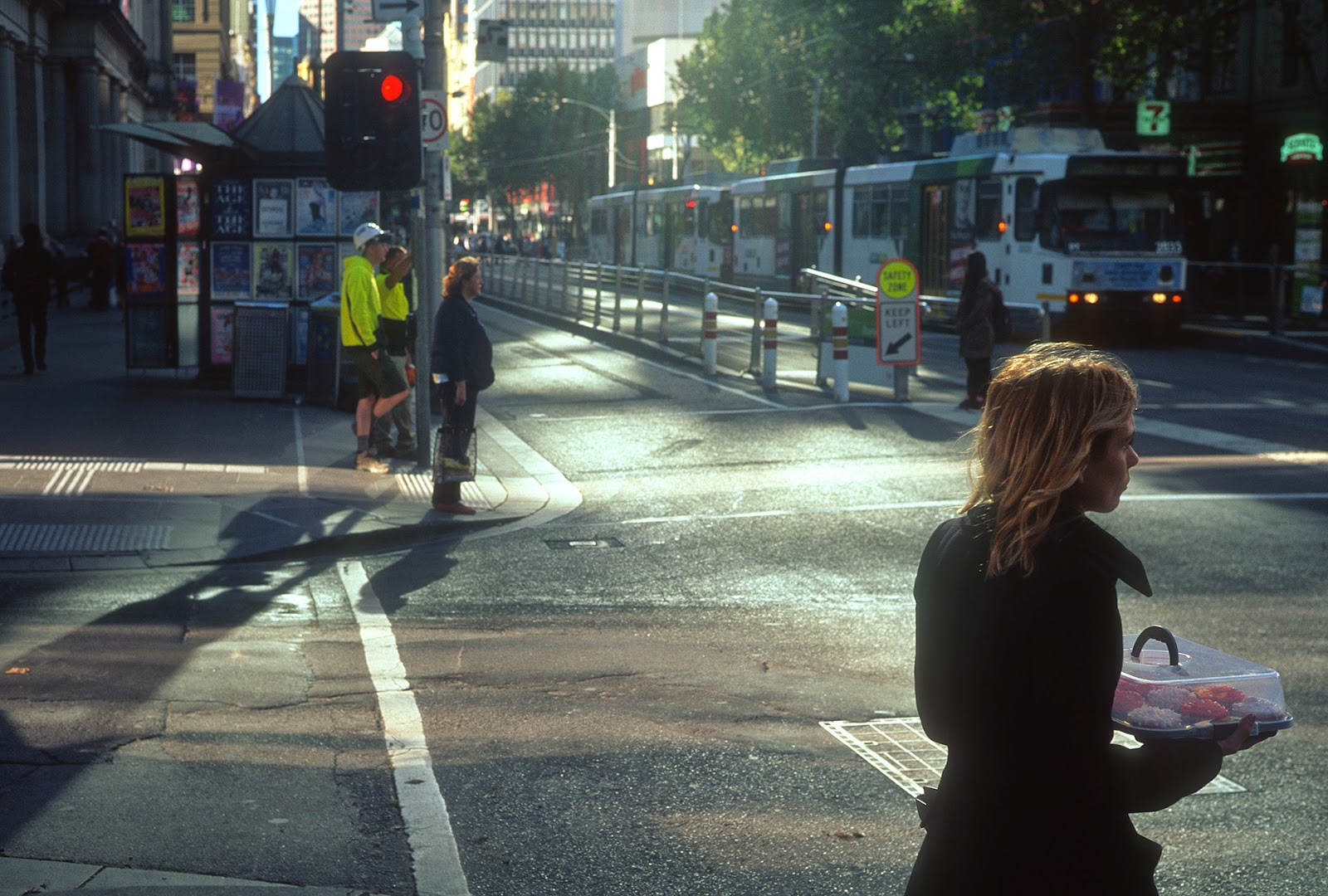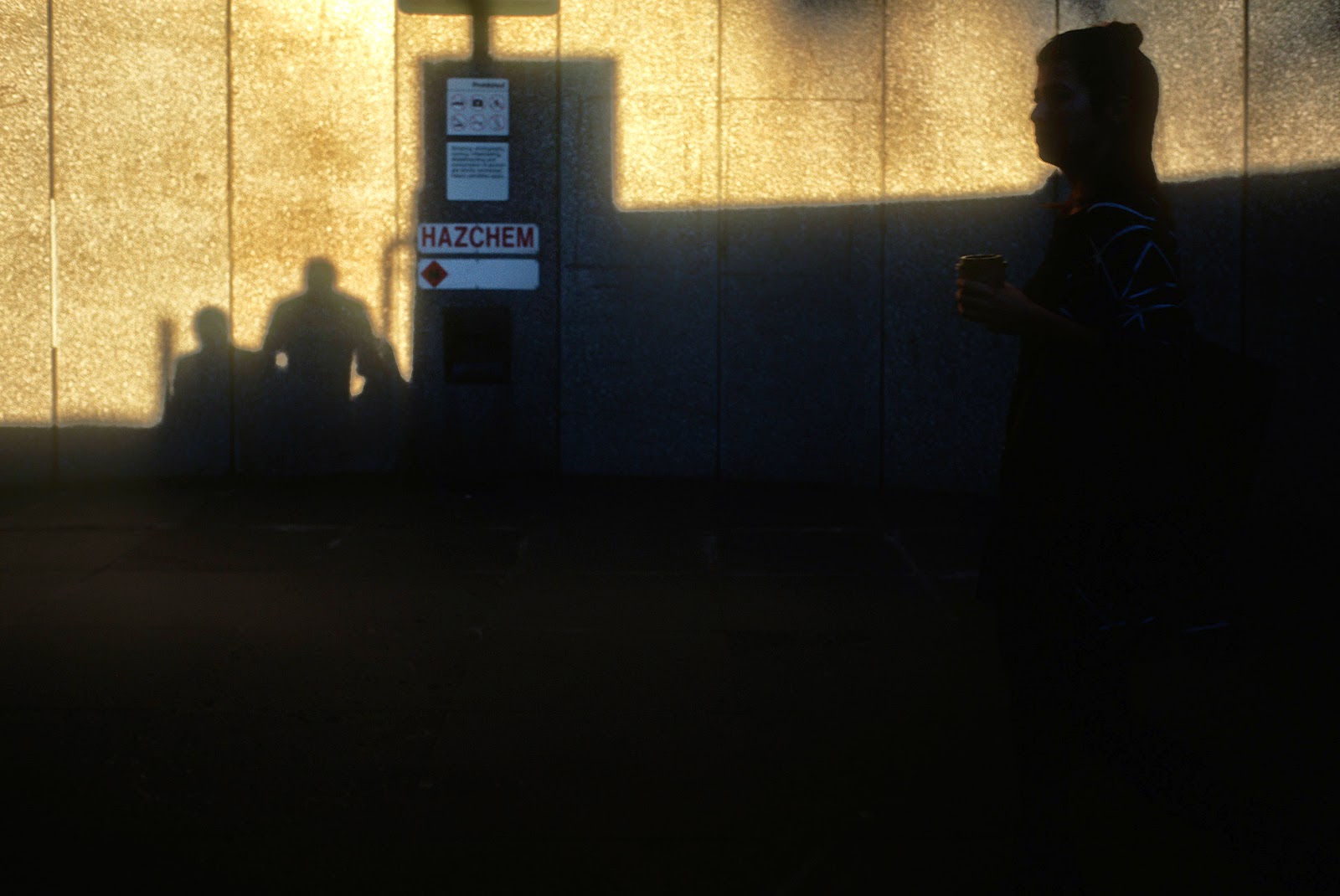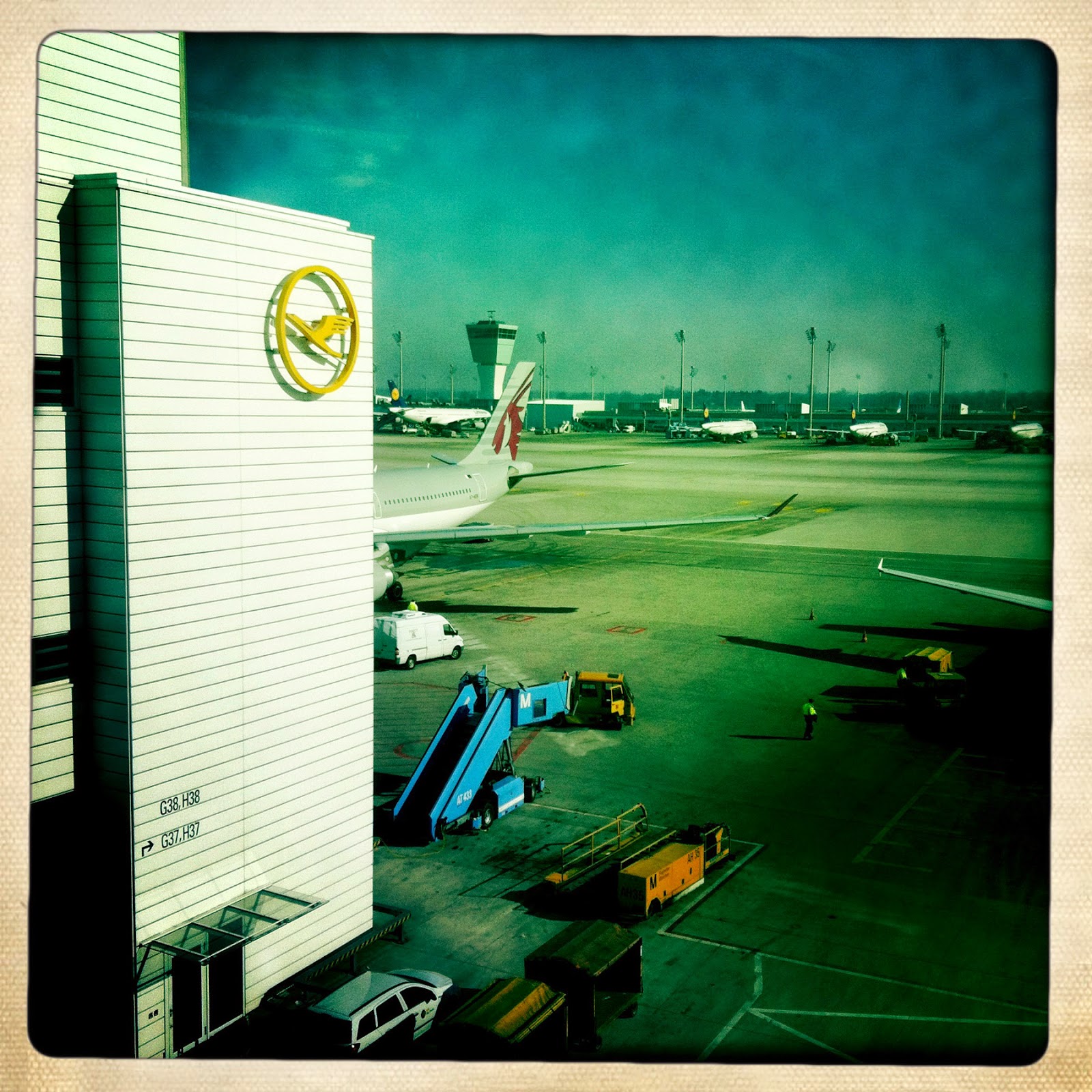I was waiting at Munich airport for my flight back home with a few Euro burning a hole in my pocket. It was early 2012 and I had just caught up on the news that Kevin Rudd had resigned as Foreign Minister, precipitating his first and ultimately unsuccessful attempt to return to the leadership of the Labor Party.

While the politics student in me found it all terribly exciting, I wasn't looking forward to leaving the civilisation and culture of wintry Europe and returning home to the oppressive summer heat of 'Straya (
South Bali...or is Bali
Far (Far) North West Queensland?).
With time to kill, I wandered into one of the generously-stocked news shops, yearning for Lucky Strikes and some reading material (in that order). There is nothing like the dual cravings of nicotine and intellectual sustenance. It's a craving only satisfied in Europe and best fulfilled at the airport or train station. Being a conceited international traveller, I was drawn to the closest issue of the Monocle through my own inflated sense of worth.
But there was more to it than snobbery. In front of me, in black, white and yellow was Issue 51 of
Monocle Magazine with the cover stories "I will call Australia home: A superpower in the South Pacific", and "Aussie Rules". How could I, a reluctant Australian cum conceited international traveller and airport lounge hanger, not purchase a
Monocle that put my birth country on the cover?
The answer of course is that I could not not purchase one. Or cigarettes. And besides, there is nothing an Australian loves more than to read the opinion pieces of foreign journalists writing about Australia, quoting Australians, refracted through the prism of international editors, beamed back to us via television or print.

I bought my
Monocle and made haste for the New York terrace-inspired indoor smoking lounge (sponsored by British American Tobacco). The shit they still do in Europe. As the ventilation system hummed and hazy, recycled air made its way around the idealised wallpaper skyline of New York, I read with great interest what those lords of high culture at the
Monocle had to say about my favourite arse end of the earth.
Look! There was an interview with "Foreign Minister Kevin Rudd" who explained how it came to pass that he got dumped as Prime Minister (which is sort of like a President or something), but was a "happy little Vegemite" as Minister for Foreign Affairs. Wow. What a difference a day made.
There was discussion about Melbourne's coffee and Sydney's harbour (don't mention the war), but most intriguing was the cover story about the "superpower in the South Pacific". I read not because I desired a mid-tier nuclear deterrent for Australia, but how the
Monocle would approach the notion of a laid-back, antipodean "superpower".
The article made the point that most of Australia's diplomatic clout is soft power; that the most internationally-recognised Australian ambassadors were its entertainers and sports stars. It discussed how Australia should re-shape its Department of Foreign Affairs to re-focus its soft power to help it act, as is so frequently said, as a "creative middle power". Forget military power, spread democratic values and good old-fashioned hard rock instead. Music to my ears.
Soft power is, of course, incredibly important in diplomacy. It can basically be defined as making someone do something they don't want to do without the threat of force. Britain and Germany have been practising it for decades, China a more recent addition, spending millions building infrastructure in Africa.
But what stuck in my mind was the article's views on the Australia Network. Instead of discussing the probity of the Australia Network tender (as was the style at the time), the
Monocle thought it outrageous that the government would even contemplate putting the international broadcaster into private hands.
A broadcaster such as the Australia Network is, for many of our regional neighbours,
the voice of Australia, whether it's through rebroadcasts of
Home and Away and
Blue Heelers, or via the ABC's first-rate news and current affairs. The network was right at the core of the soft power play that would see Australia's influence in the region rise not through military force, but through mutual co-operation and understanding.
Now, to a foreign policy realists and neorealists, all this might sound like a bit of fluff. But to a country like Australia with a small population and limited military resources, it is one of the most practical ways to achieve a place at the table in our region. Countries around the world expend a lot of time, money and effort exercising soft power in their own regions and beyond.
Unfortunately, while other countries have been increasing their spending on "soft" diplomatic issues, Australia has been busy insulating itself from the outside world closing foreign posts, turning boats around, spying on our neighbours and thumbing our noses at the international community.
The Committee of Audit's recommendation to shut down the Australia Network is yet another blow to Australian regional relations at a time when we should be advancing, not retreating from the region. Our neighbours already view us with suspicion and skepticism, what kind of signal is turning off Australia's transmitters into Asia supposed to send? Well, nothing. Nothing but static.
It seems odd that this government finds millions of dollars to spend on international advertising campaigns designed to
frighten people from getting on boats and coming to Australia, but can't be arsed spending a few measly bucks to send a positive message of Australia to our regional neighbours. Then again, this all might just be part of the plan to make Australia look as unfriendly and unwelcoming as possible for those who might attempt that "perilous" journey across the seas we sometimes sing of in the second verse of our national anthem. Perhaps the government should just start broadcasting episodes of
Game of Thrones or
Hannibal into Asia and call them "Australian reality TV".
It is understood some in the government think the Australia Network's AM, FM and television broadcasts can be replaced with increased streaming of ABC News 24. This is impossible both in theory and practice. For one, much of the material the ABC re-broadcasts from BBC and Al Jazeera is licences for Australian broadcast only - the costs of expanding that licence would surely conflict with the Abbott government's desire to cut until bled dry.
Secondly, if anyone in the government had actually visited our regional neighbours, they would know that in the isolated highlands of Papua New Guinea, for instance, there is only one radio and a supply of Size D batteries between a village of 40 or 50 people. This is their link to the outside world short of hiking four hours to the nearest regional centre. There is no electricity and there sure as hell isn't any internet.
Thankfully the horror of an Abbott government was unknown to me, sitting in the smoking lounge of Munich airport in 2012. But with the Labor Party then continuing its exercise in navel gazing, it's hardly surprising we find ourselves with a government intent on making issues of humanity and conscience into crises to be exploited for electoral gain. Or that we have a government myopically committed to cutting, cutting and cutting some more, cost to the nation's heart and soul be damned. Or that we have a government completely disinterested in the world around it, except where trade deals can be done or administration of human dignity offshored to the lowest bidder.
Comparing
today's Australia to the faux New York rooftop-inspired smoking lounge sponsored by British American Tobacco, I think it's pretty clear which one has less of a stench about it.








